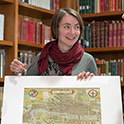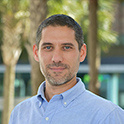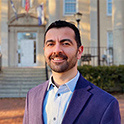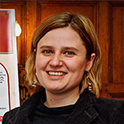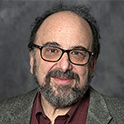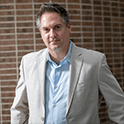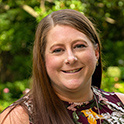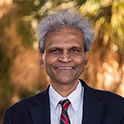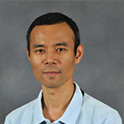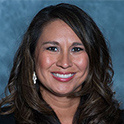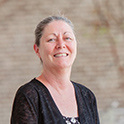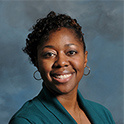
Dr. Joynelle Jackson, Ed.D., MSN, RNC-MNN
Associate Professor
College of Nursing
Dr. Joynelle Jackson is an associate professor in the College of Nursing. She has nearly two decades of experience in the nursing profession and is involved in extensive community-based research on breastfeeding education and support. As a graduate of the College of Education, she is an expert in curricular development and classroom management, which she has used to develop and deliver innovative, engaging upper-level nursing courses in both face-to-face and online formats. Dr. Jackson’s network of health care relationships throughout the state helped her successfully place hundreds of students in their clinical preceptorships at hospitals and recruit students to the online RN to BSN program, which she directed from 2016 to 2022. She was instrumental in allowing students to complete the required rigorous 266-hour clinical experience in a virtual format during the pandemic.




